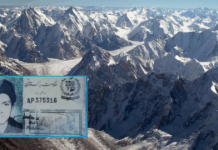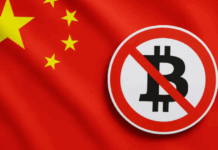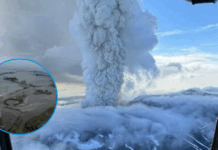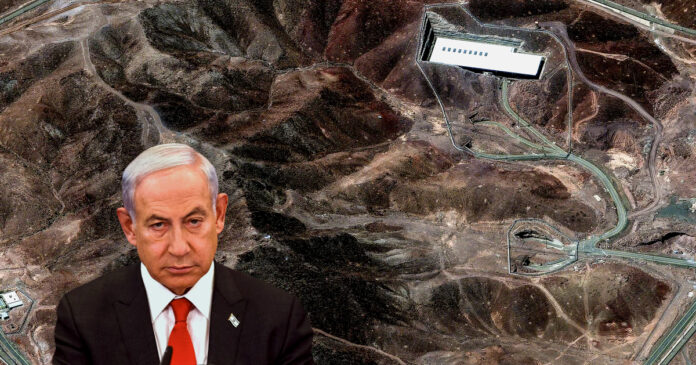Israel attacked the Natanz nuclear plant in Iran last week, but it hasn’t targeted Fordo, the nation’s most secretive and heavily defended enrichment site. So many wonder, why?
A Longstanding Source of Concern
Fordo is hidden deep inside a mountain south of Tehran. It is more than a nuclear site. For years, experts have cautioned that Fordo is Iran’s backup option, a facility planned to withstand attacks like the one against Natanz.
The site is almost impossible to blow up with conventional ordnance. The overlying mountain serves as a shield, and any frontal attack would need bunker-buster bombs, or something even more powerful.

U.S. and Israeli Intelligence Clash
But that’s not the sole reason Fordo has yet to be touched.
Israeli authorities think Fordo is the key to Iran’s nuclear aspirations. Brigadier General Effie Defrin said recently that Iran is hiding a weapons programme within facilities such as Fordo.
Israel asserts that its intelligence confirms that top Iranian scientists are carrying out experiments in weapons-grade enrichment. Iran disputes this. It maintains that its nuclear programme is purely for civilian purposes. But confidence is scarce.
American intelligence, up to March, didn’t think Iran was actively producing a bomb, but President Trump rejected that opinion. Trump indicated that he thinks Iran is “very close” to acquiring nuclear capabilities.
The situation is tense. The International Atomic Energy Agency (IAEA) declared Iran non-compliant with inspections for the first time in 20 years, just hours before Israel’s attack on Natanz. That only increased fears about what might be happening at Fordo.
Advanced Centrifuges Raise the Stakes
Weapons analyst Manuel Herrera has always been the most suspicious of the Fordo facility. It’s subterranean. It’s got tunnel complexes. And Iran has, in recent years, put in high-powered IR-6 centrifuges there—equipment capable of enriching uranium more rapidly and to a higher level.

The IAEA in 2023 confirmed that 84% enriched uranium had been found at Fordo. Weapons-grade is 90%. That’s perilously close.
So why hasn’t Israel struck Fordo yet? Probably because it can’t—at least not straightforwardly. The risk of escalation is also enormous. A direct strike could push the region further into conflict.
But as tensions rise and transparency diminishes, experts warn that the clock is ticking.
Stay tuned to Brandsynario for latest news and updates








































